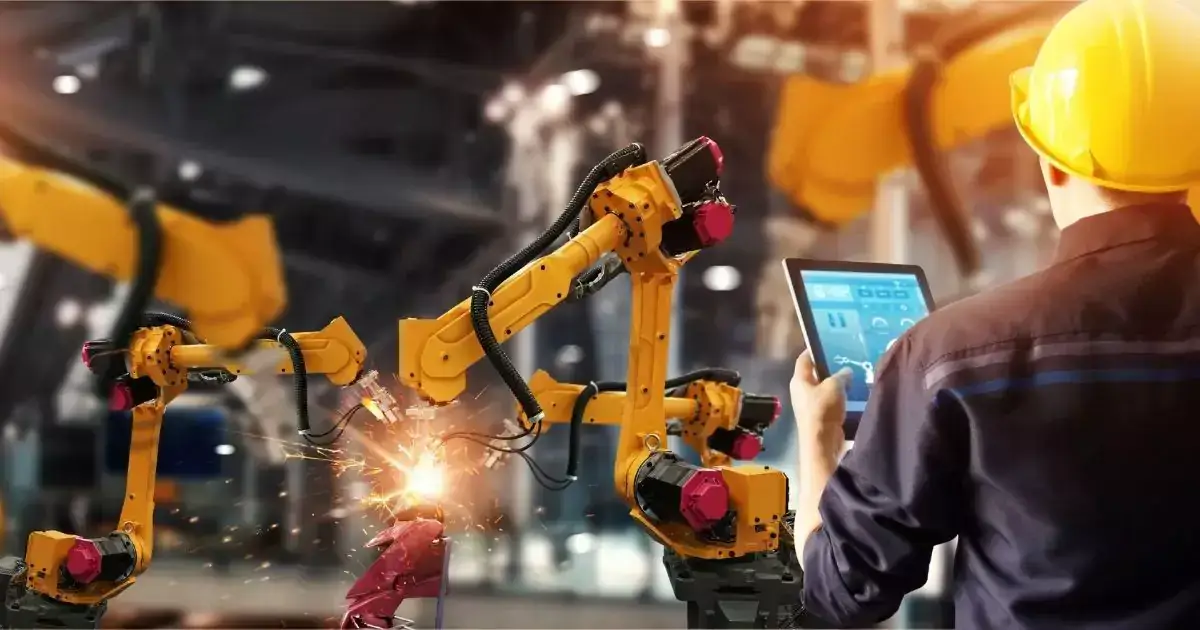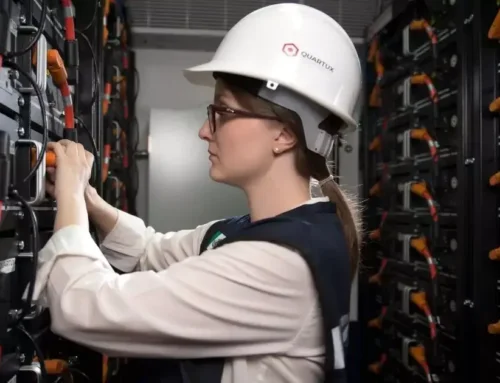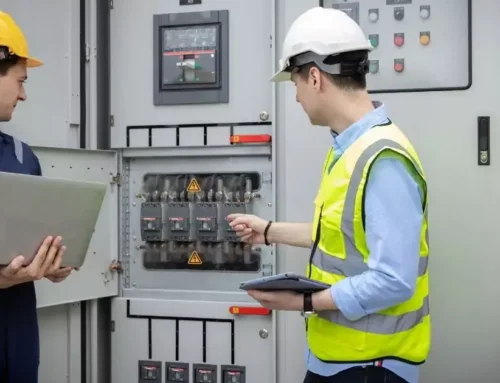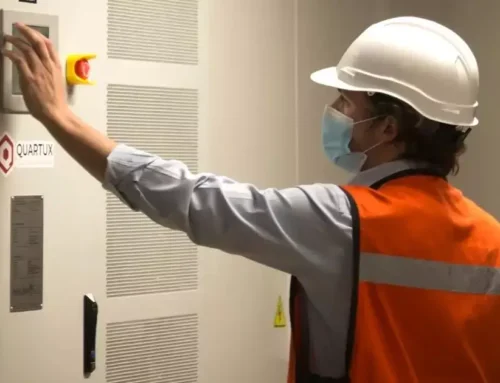Batteries are electrochemical storage devices that convert chemical energy into electrical current. Those used in large industry equipment, manufacturing plants, warehouses, or mines to operate as efficiently as possible are called industrial batteries.
Industrial batteries provide constant power over extended periods, meaning they are designed for greater power and durability.
Among the diversity of shapes, sizes, and capacities in the world of these batteries, industrial lithium batteries have undoubtedly emerged as one of the best options for industries.
Lithium is a key chemical element in new technologies, thanks to its strength and durability. Lithium-ion batteries are used by leading companies in energy storage solutions such as Quartux, due to their significant advantages compared to other conventional energy-saving systems, mainly in terms of efficiency and cost optimization.
Uses of Industrial Batteries
Due to their high capacity, industrial batteries offer higher performance over much longer periods, making them suitable for use in plants, distribution centers, and industries with high demands, such as mining, power generation companies, or cement companies.
These devices come in different capacities and sizes. For example, industrial batteries for forklifts and electric carts are specially designed to provide high resistance and the necessary power for heavy-duty work and production line operations. Likewise, they are often used in marine and stationary engines, as well as in railway networks for lighting or signaling purposes.
Thanks to their power and capacity, industrial batteries are also used in uninterrupted power supply systems, telecommunications, electric vehicles, emergency lighting services, and solar and wind power transformer substations, among others.
Although the most common industrial batteries are lead-acid, vented liquid, and alkaline (nickel-cadmium or nickel-iron), new options have emerged with advances in scientific and technological development. Such is the case with lithium industrial batteries, which have gained ground in the market due to their high efficiency and quality.
Types of Industrial Batteries
There are many types of industrial batteries, each with its own characteristics and potential to meet technological and industrial needs, as well as its ability to provide continuous power supply to different equipment. In this regard, two main classifications can be distinguished: stationary and traction industrial batteries.
Stationary industrial batteries are kept permanently charged by a self-regulating rectifier, discharge very infrequently, and are fully recharged by the rectifier. Their discharge is very low, and they have very long periods during which they maintain a full charge since they are permanently connected to industrial battery chargers. These batteries are used in backup systems, security systems, power distribution, solar or wind energy.
As for industrial batteries for traction use, these were designed to withstand numerous discharges and then be recharged. They are mainly used to power electric motors in forklifts, trucks, and electric vehicles, among others.
Industrial Lithium Batteries: The Great Energy Innovation of the Future
Industrial lithium batteries offer significant advantages over other systems in terms of energy efficiency, energy savings, and cost optimization. These batteries can easily replace conventional lead industrial batteries in vehicles such as electric carts or forklifts, among others, to optimize industrial processes.
Why replace traditional batteries with lithium batteries? In recent years, there has been a significant increase in the sale of industrial lithium batteries to replace lead-acid ones. Among the most important reasons for doing so is that the more a conventional battery is discharged, the more its driving capacity decreases, affecting speed and lifting capacity. In contrast, with lithium industrial batteries, the power supply remains at maximum permanently, even when the battery has little charge left.
Furthermore, lithium industrial batteries are up to 30% more efficient than traditional batteries. Their energy density is much higher, containing an average of three times more energy than standard batteries, so they store more in less space, making them the best alternative for energy storage.
For these reasons, companies like Quartux have positioned themselves in the energy storage market, using lithium industrial battery technology to generate an energy-saving system, improve energy quality, and ensure supply. Through their intelligent energy-saving solution, power outages and interruptions in the power supply can be avoided.
Thanks to their efficiency, speed, and ability to provide a constant voltage without slowing down machines while discharging, lithium-ion batteries are a highly competitive energy source. This makes them especially efficient in industrial applications, where maximum efficiency of energy storage systems is required.
Reasons to Use Industrial Lithium Batteries
The design of lithium industrial batteries allows for much faster charging, so they operate automatically and continuously, meeting energy needs with greater energy savings, as well as being very safe and reliable systems, like the platform designed by Quartux to optimize energy consumption in companies.
Quartux has created the best solution for saving and storing energy using lithium industrial batteries. Among the many benefits of the Quartux system are the optimization of energy consumption in companies and the design of the most suitable batteries for each case. This platform operates with clean energy, installs quickly, is modular and adaptable, and has instant backup.
The high-cycle regeneration operation capacity and high-performance design of lithium industrial batteries allow for prolonged system backup time and avoid overcharging and temperature increases. Additionally, the use of lithium industrial batteries results in less environmental impact, as these batteries waste less energy, emit no carbon dioxide, and pose no risk of acid spills.
Finally, another reason for the increase in the purchase of lithium industrial batteries is that they eliminate the maintenance of lead-acid batteries and the costly process of repairing industrial batteries. Lithium batteries require no maintenance and have much longer durability, with a lifespan up to three times longer than lead batteries.
In summary, systems that use lithium industrial batteries are synonymous with quality and can meet the energy demand of the most challenging applications. Contact us to discover the smartest way to save and store energy in your company with Quartux’s lithium-ion battery system.







